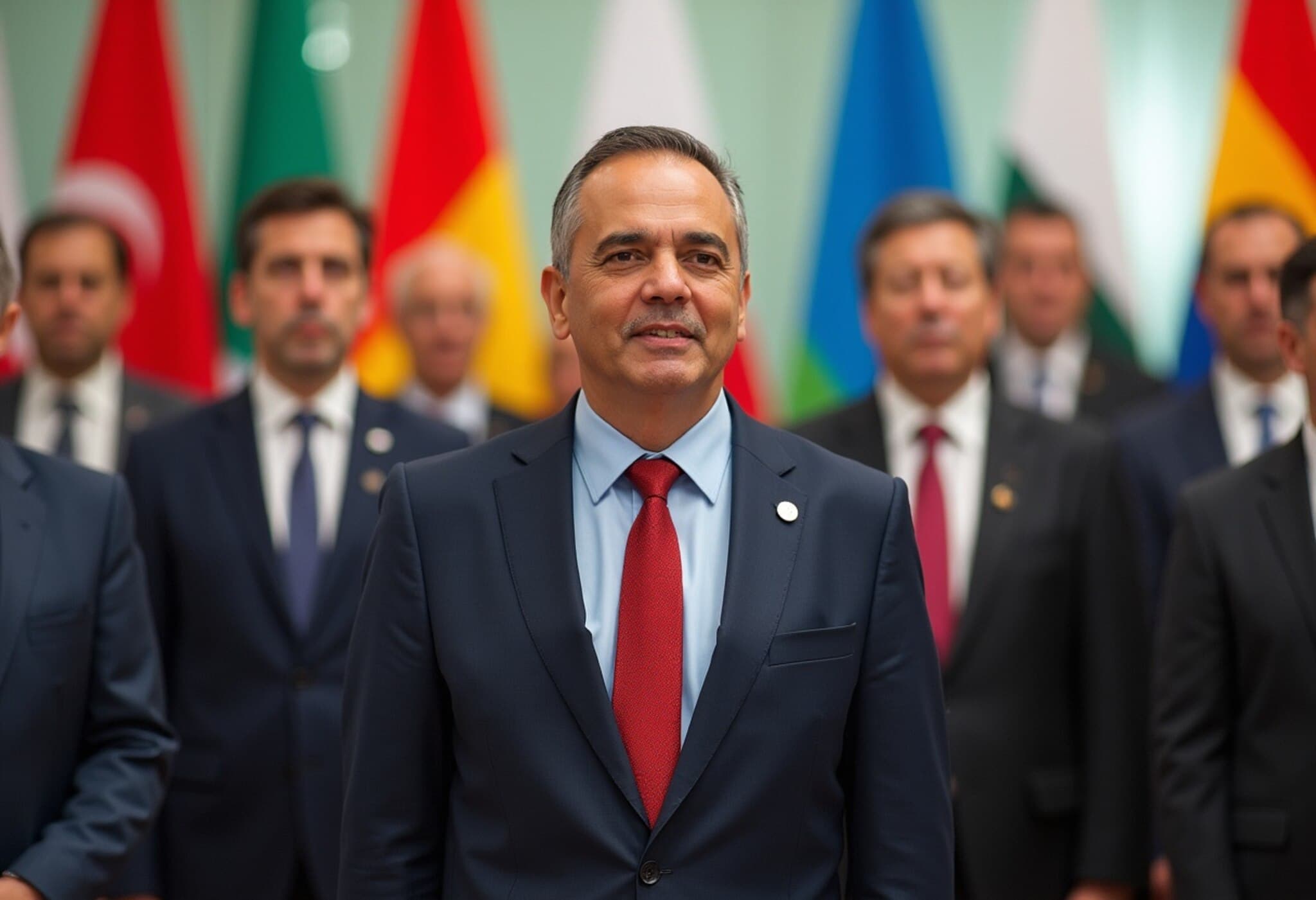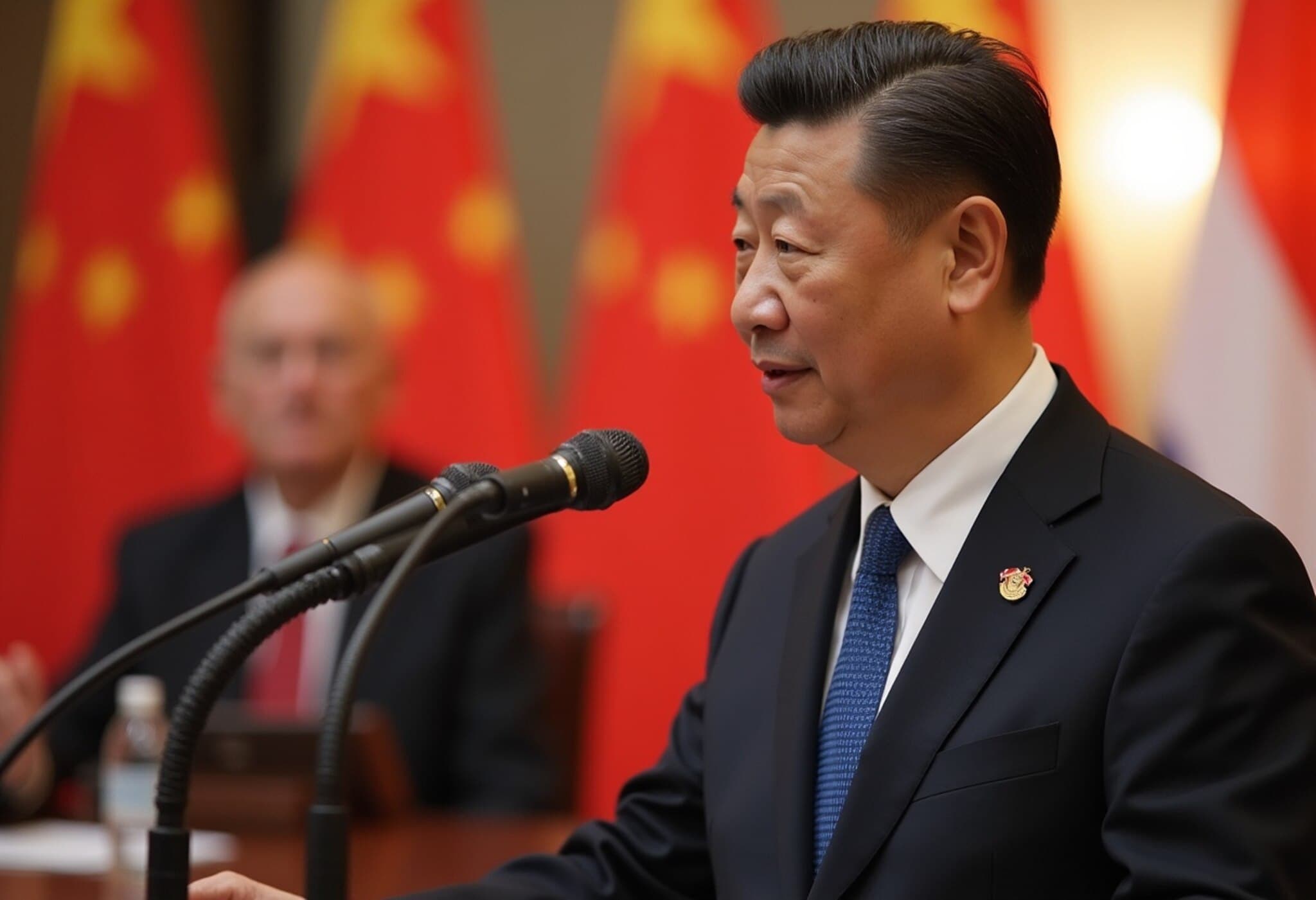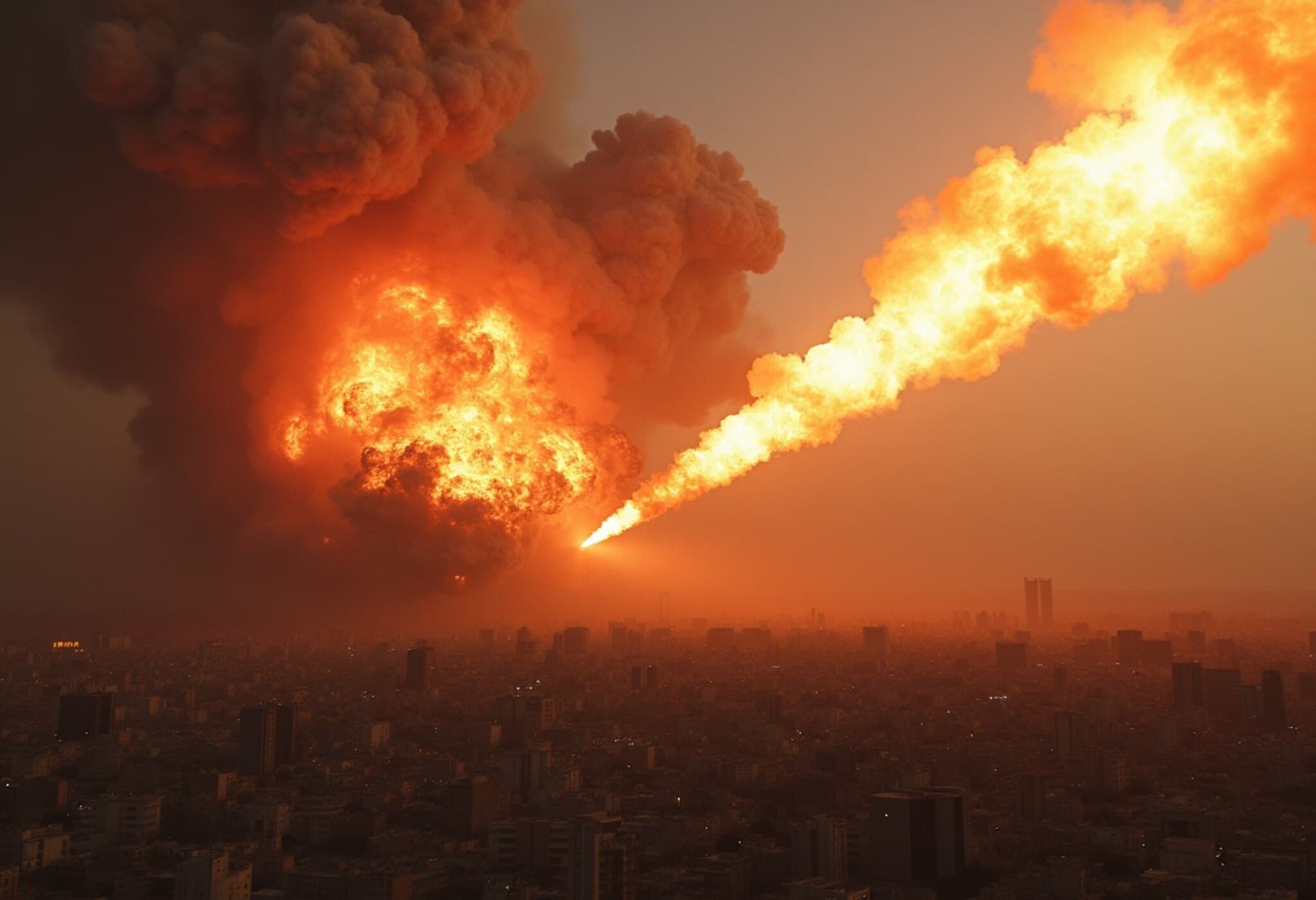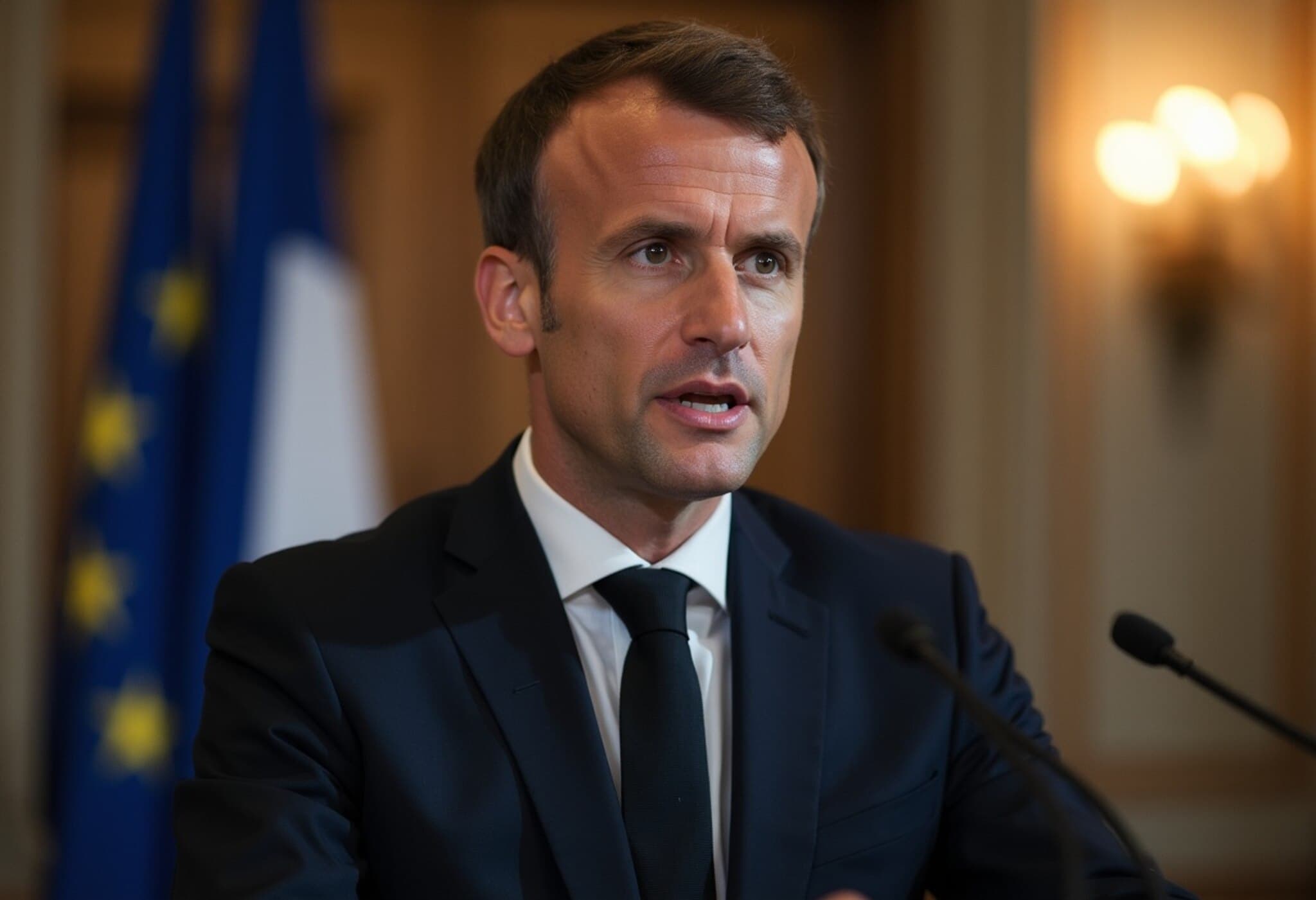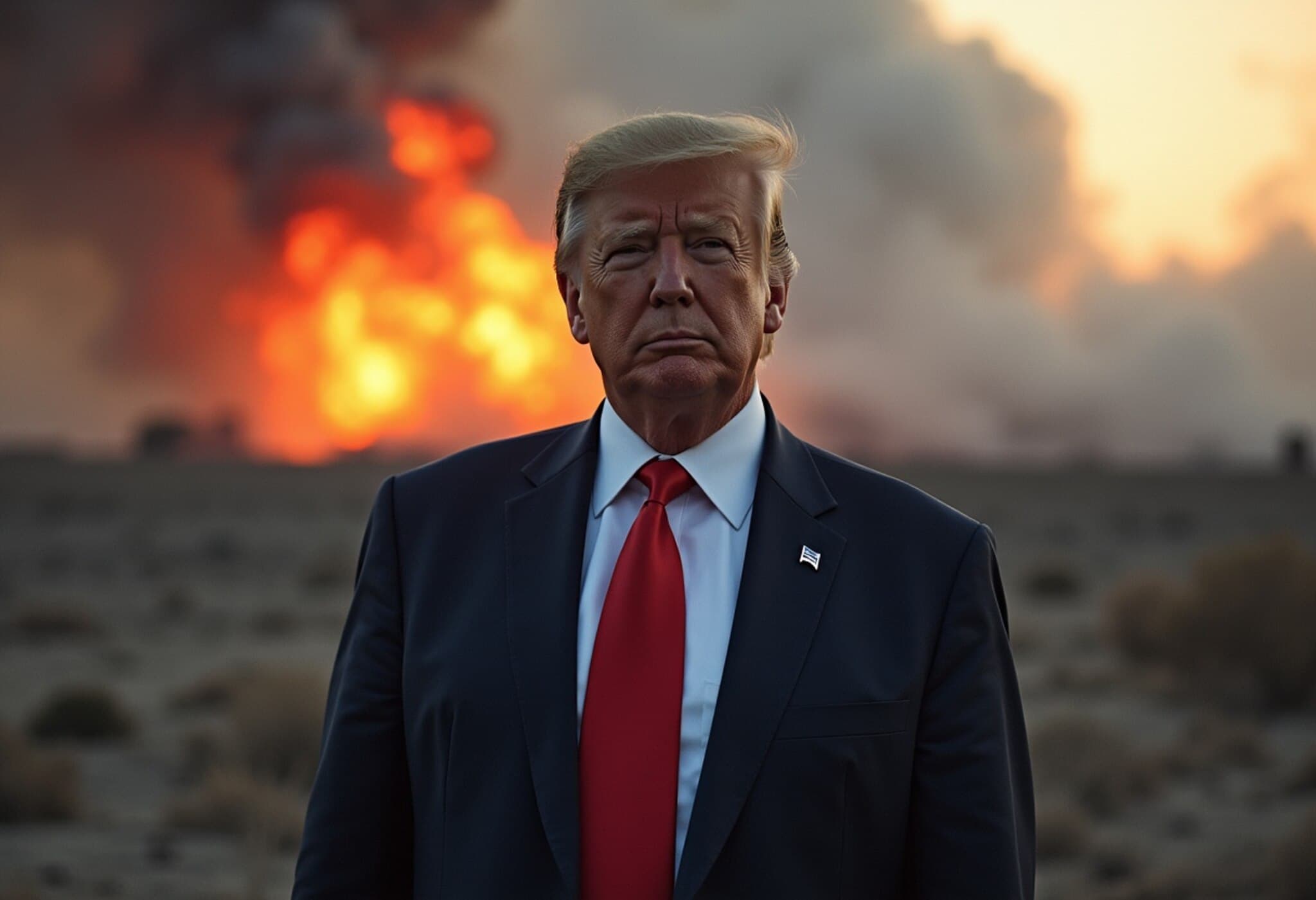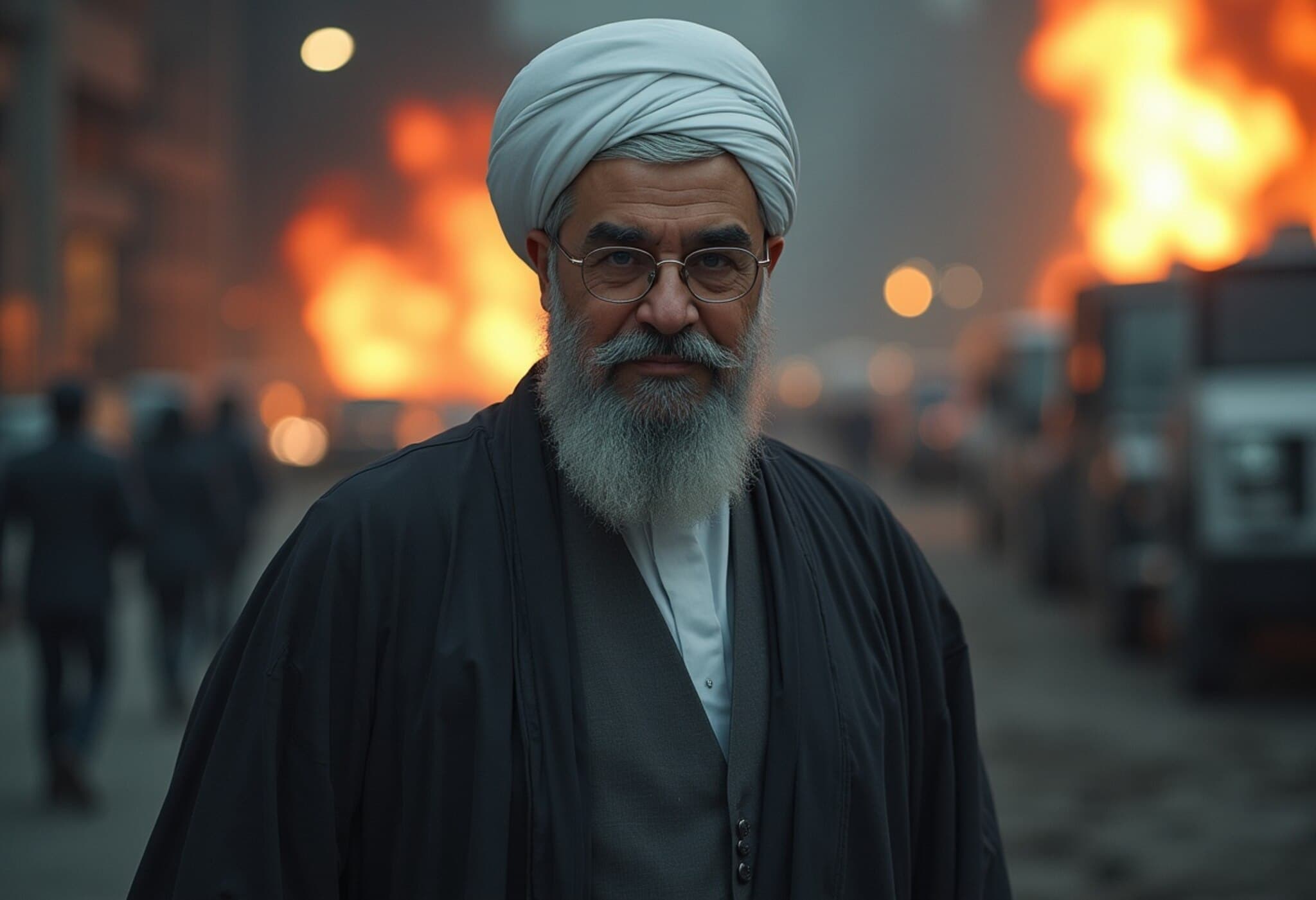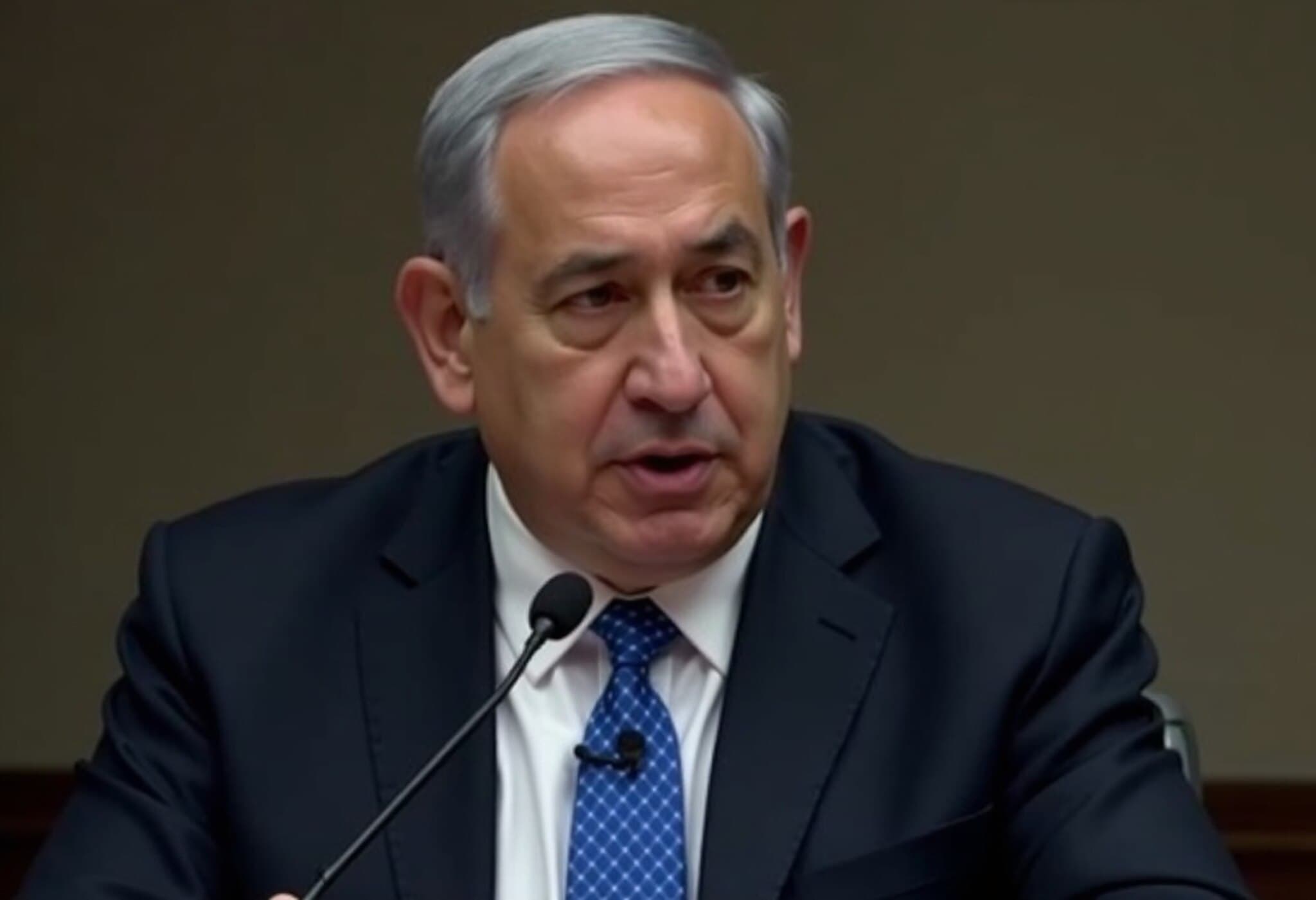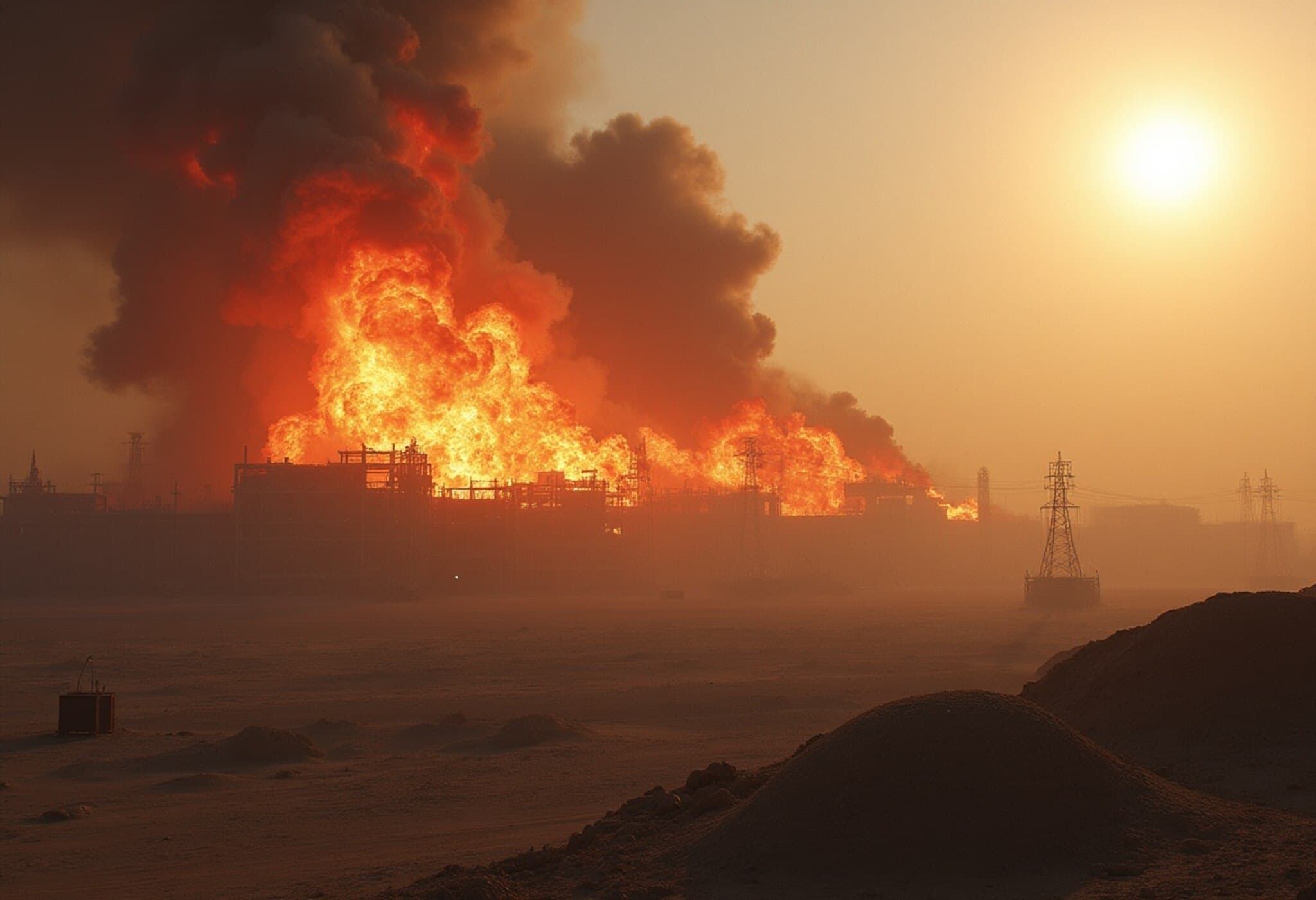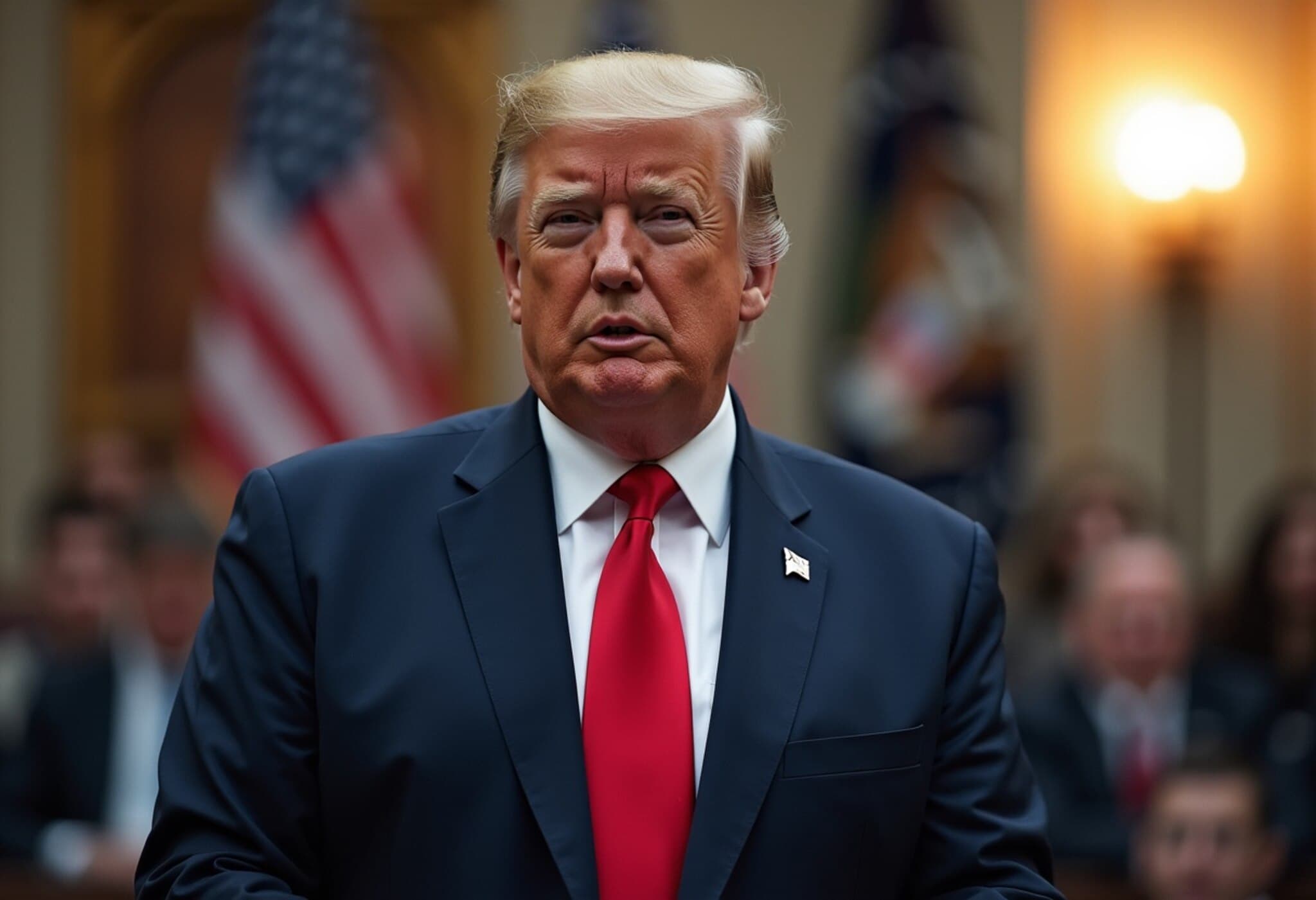Iran Moves Toward Possible Exit from Nuclear Non-Proliferation Treaty
In response to recent Israeli airstrikes and international developments, Iran is contemplating a major shift in its nuclear policy by potentially withdrawing from the Nuclear Non-Proliferation Treaty (NPT). Iranian lawmakers are in the process of drafting a bill that could lead to the country's exit from the treaty, a move signaling rising regional tensions.
Recent Escalations Prompt Strategic Reassessment
The developments come amid a backdrop of intensified conflict between Iran and Israel, with both nations exchanging missile strikes. Tehran’s foreign ministry spokesperson, Esmaeil Baghaei, confirmed that while no final decision has been made, the government will carefully consider any parliamentary proposals moving forward. He emphasized that Iran remains committed to its stance against developing nuclear weapons.
Israel’s Allegations and Iran’s Rebuttal
Israel has accused Iran of nearing the capability to develop a nuclear bomb, escalating fears in the international community. Iran has consistently rejected these allegations, maintaining its nuclear program is purely for peaceful purposes. Iran’s President Masoud Pezeshkian further underscored this position, stating that nuclear weapons contradict the nation’s core religious values.
IAEA Accusations and Their Impact
Despite Tehran’s claims, the International Atomic Energy Agency (IAEA) recently declared that Iran has violated aspects of its NPT obligations. Baghaei pointed to both the IAEA’s resolution and recent Israeli attacks as key drivers behind Tehran’s strategic reconsideration, accusing those who supported the resolution of paving the way for military strikes.
Understanding the Nuclear Non-Proliferation Treaty
Enacted in 1970, the NPT is a global pact designed to prevent the spread of nuclear weapons. It allows signatory countries access to civilian nuclear technology while placing restrictions on the development of nuclear arms, with oversight provided by the IAEA.
Proposal Still in Early Stages
The proposed legislation to withdraw from the NPT remains in its initial legal phase, with officials indicating that any concrete decision will come after thorough deliberations between the government and parliament.
Criticism of Israel’s Nuclear Status
Baghaei also highlighted the contrasting position of Israel, which has never signed the NPT yet is widely believed to possess a clandestine nuclear arsenal. He accused Israel of being the sole possessor of weapons of mass destruction in the region, emphasizing Tehran’s perception of a double standard in the international approach to nuclear proliferation.
Implications of Iran’s Potential Exit
A withdrawal from the NPT by Iran would mark a significant escalation in Middle Eastern geopolitics, potentially destabilizing existing security frameworks and prompting widespread international concern. Analysts warn that such a move could exacerbate tensions and complicate diplomatic efforts aimed at curbing nuclear risks in the region.



